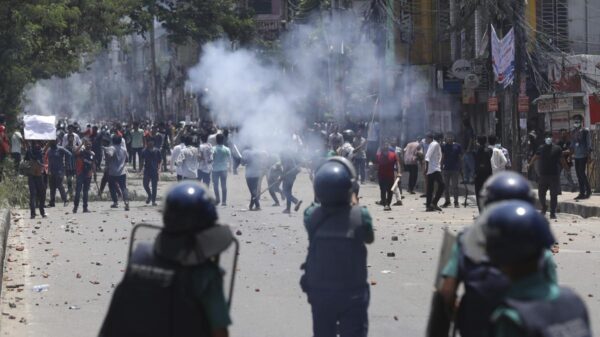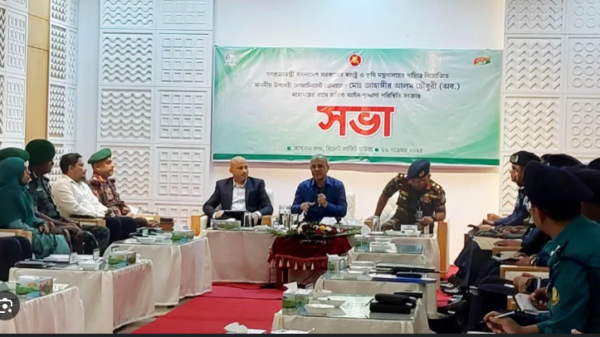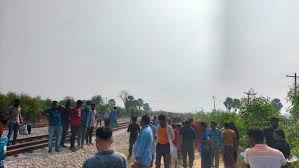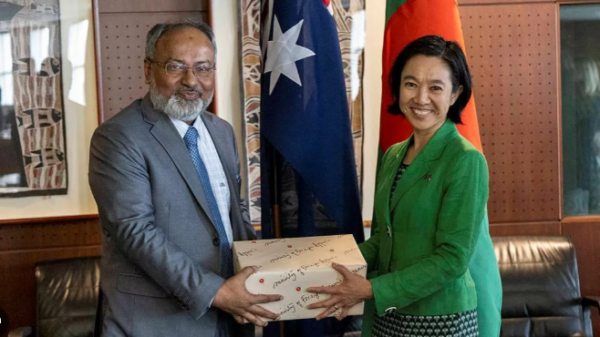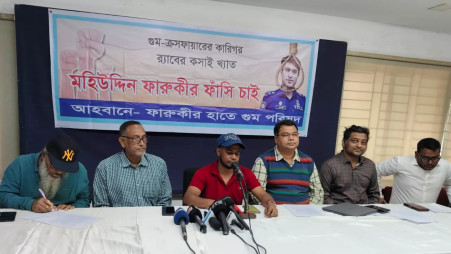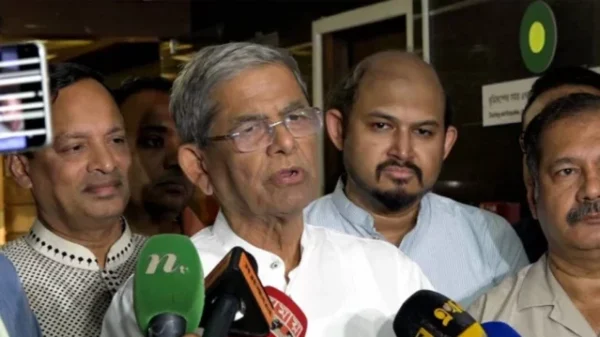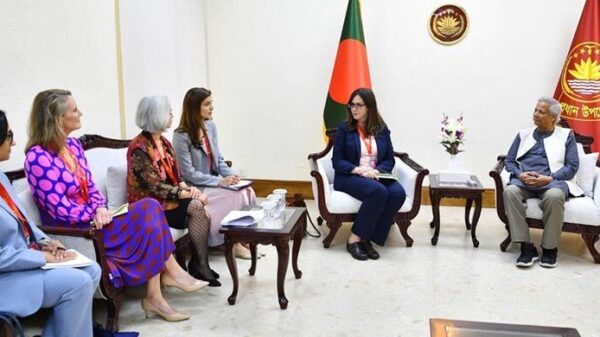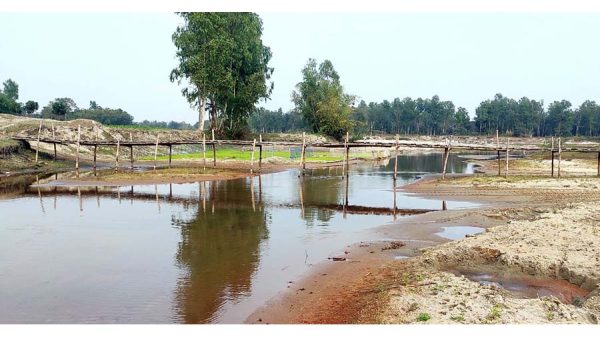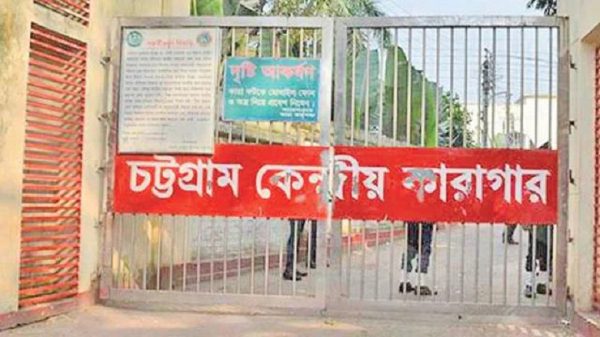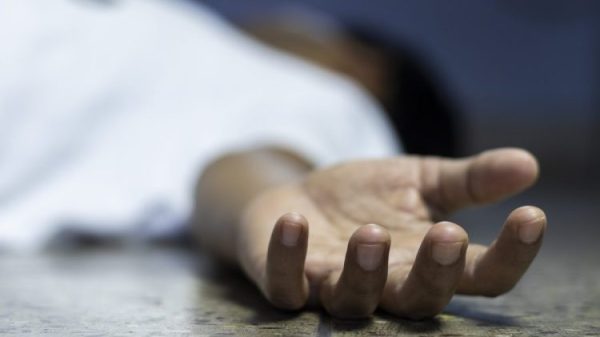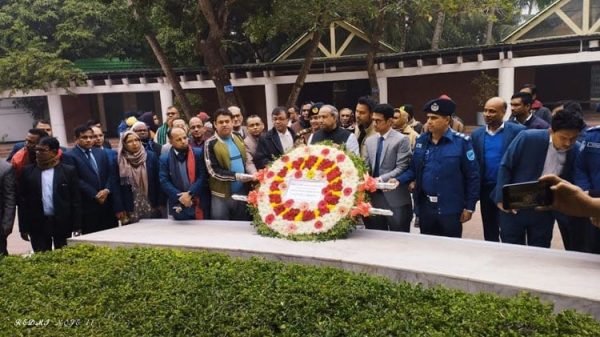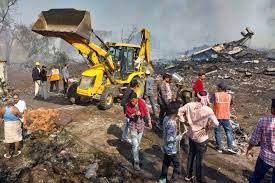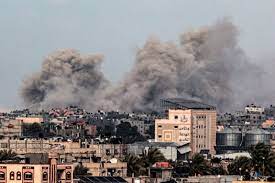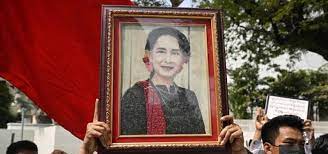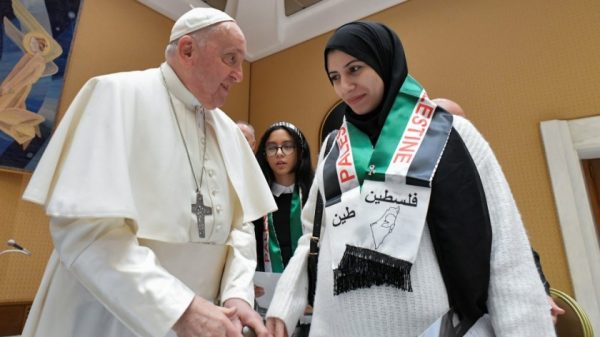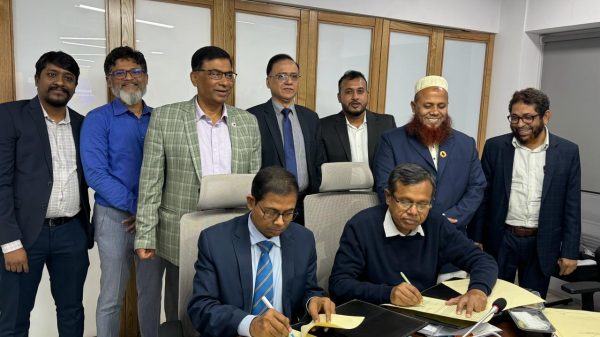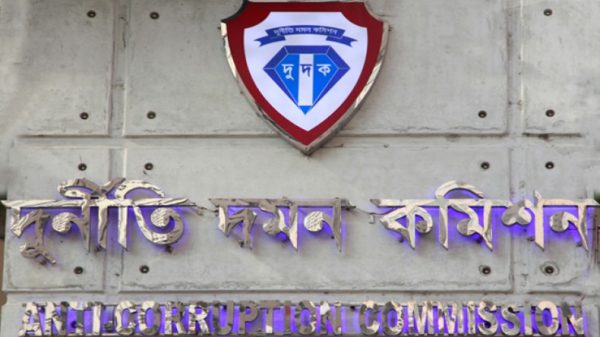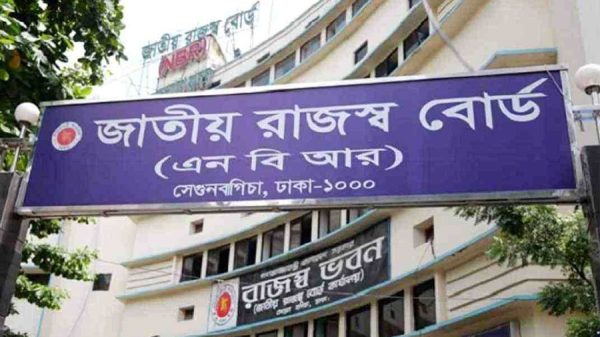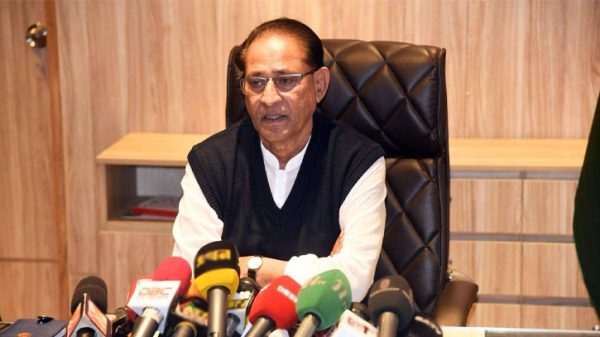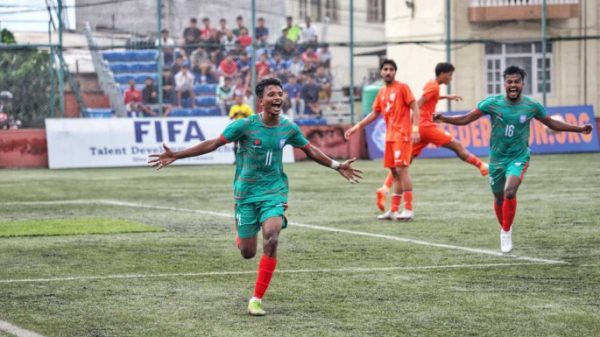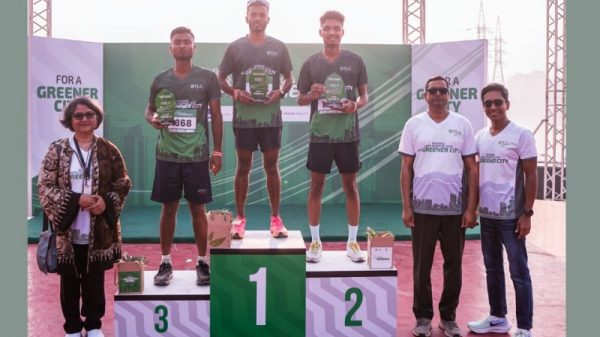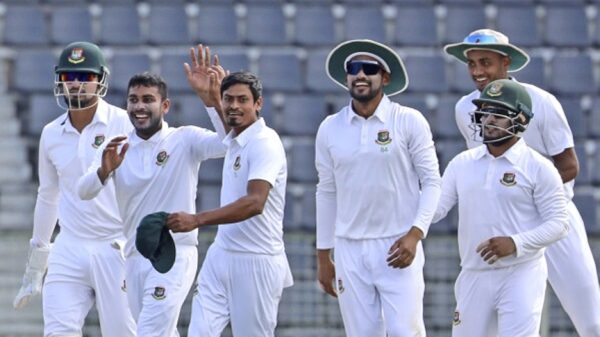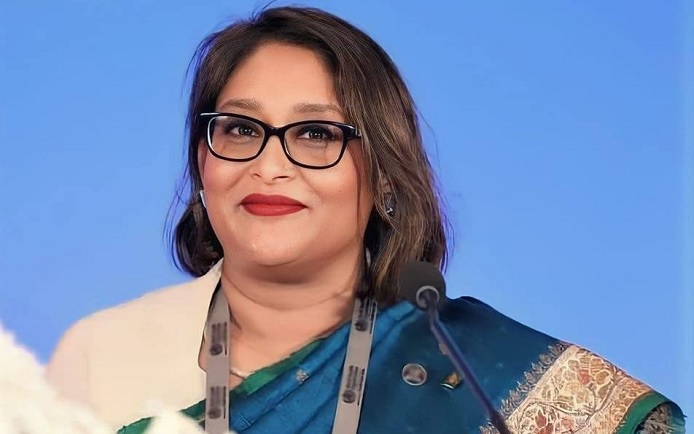Staff Reporter:
Regional Director of WHO South-East Asia Region Saima Wazed has called for making the right to health a reality for all as WHO is committed to advancing the right to health and other human rights.
She made the call on the occasion of the World Health Day to be celebrated on April 7 to mark the foundation of the World Health Organization, a press release received in Dhaka yesterday said.
The spotlight of this year’s the World Health Day is ‘My Health, My Right’, as in a world witnessing multiple crises, from diseases to disasters to conflicts and climate change, realizing people’s right to health is now more important than ever, according to the press release.
“Realizing the right to health for all means creating conditions where everyone, everywhere can access high quality health facilities, services and goods that prioritize people’s needs, understanding and digni-ty,” the Regional Director said.
“It also means a full set of rights that enable people to live healthily, such as education, safe water and food, nutritious food, adequate housing, good working and environmental conditions and information-or the underlying determinants of health,” she added.
To fulfill the right to health, both health services and the underlying determinants should be available, accessible, acceptable and of adequate quality, the Regional Director emphasized.
“The right to the highest attainable standard of mental and physical health – or, the right to health has been core to WHO’s mission, globally and in the Region. It is enshrined in WHO’s Constitution,” Saima Wazed said.
“However, despite progress, we still have a considerable way to go to make the right to health a reality for all in the WHO South-East Asia Region,” the Regional Director said.
As WHO marks its seventy-sixth year on 7 April, the South-East Asia Region has seen many gains and has much to celebrate with regard to the right to health, according the press release issued by WHO South-East Asia Region.
The Universal Health Coverage service coverage index has improved from 47 in 2010 to 62 in 2021, the press release said adding the average density of medical doctors, nurses and midwives in the Region stands at 28.05 per 10, 000 population, up by 30.5% since 2015.
The Region achieved a 68.5% reduction in the maternal mortality ratio between 2000 and 2020. Under-five mortality rate declined significantly from 84 per 1000 live births in 2000 to 29 per 1000 live births in 2021 and the neonatal mortality rate from 41 per 1000 livebirths in 2000 to 17 per 1000 live births in 2021, it added.
Between 2015 and 2021 new HIV infections declined by 25% and malaria incidence by 62 percent, the release added.
Despite global commitments to the right to health, nearly 40% of the Region’s people lack coverage by essential health services. Investment in health by national governments, which is the foundation of ad-vancing the right to health, is unacceptably low, which has resulted in high out-of-pocket expenditure. The proportion of households experiencing financial hardship in accessing basic health care has been rising.
TB mortality rate in the Region increased by 8.6% in 2021 compared to 2015. The probability of death between the ages of 30 and 70 years from four major diseases – cardiovascular diseases, cancer, diabetes and chronic respiratory diseases – is still unacceptably high at 21.6%.
The poorest and groups with vulnerabilities face the greatest barriers in accessing needed healthcare, of-ten with catastrophic consequences for their health and wellbeing. Poor quality care accounts for more disease and deaths than lack of access to care.
The Regional Director said gender inequality affects equitable access to diagnosis and treatment of non-communicable health conditions. For example, compared with men, a higher proportion of women with raised blood glucose go untreated. This diagnosis and treatment gap is also seen for hypertension, she added.
Violence against women and girls-a violation of their human rights and a priority public health issue-remains pervasive. More than one in every three women in the Region have experienced intimate partner violence at least once in their lifetime, with rural and uneducated women and those from the poorest households facing a significantly higher risk, she said.
“Too many still face stigma related certain health conditions, such as TB, HIV/AIDS, disability or men-tal ill-heath. They also face discrimination in the health system based on their gender, class, ethnicity, religion, sexual orientation or other characteristics,” the WHO Regional Director said.
Equality and non-discrimination are core to a human rights-based approach to health, Saima Wazed said, adding a human rights-based approach also entails adherence to the principle of participation.
“Accountability is also integral to a human rights-based approach: for example, reporting back to affect-ed groups and communities about the performance of the health system or health programmes to address their needs,” she said.
The Regional Director said, “All governments and other duty-bearers have the obligation to respect, pro-tect and fulfil the right to health and other human rights and to ensure their progressive realization. Gov-ernments need to increase investments in health-especially to advance universal health coverage ground-ed in primary health care approach.”
Good laws can lay the foundation for more effective tobacco control, environmental protection, better nutrition, control of obesity and cardiovascular diseases, fair and equal working conditions, and much more, she said, adding Health services need to be made more available, accessible acceptable and of bet-ter quality for all.


